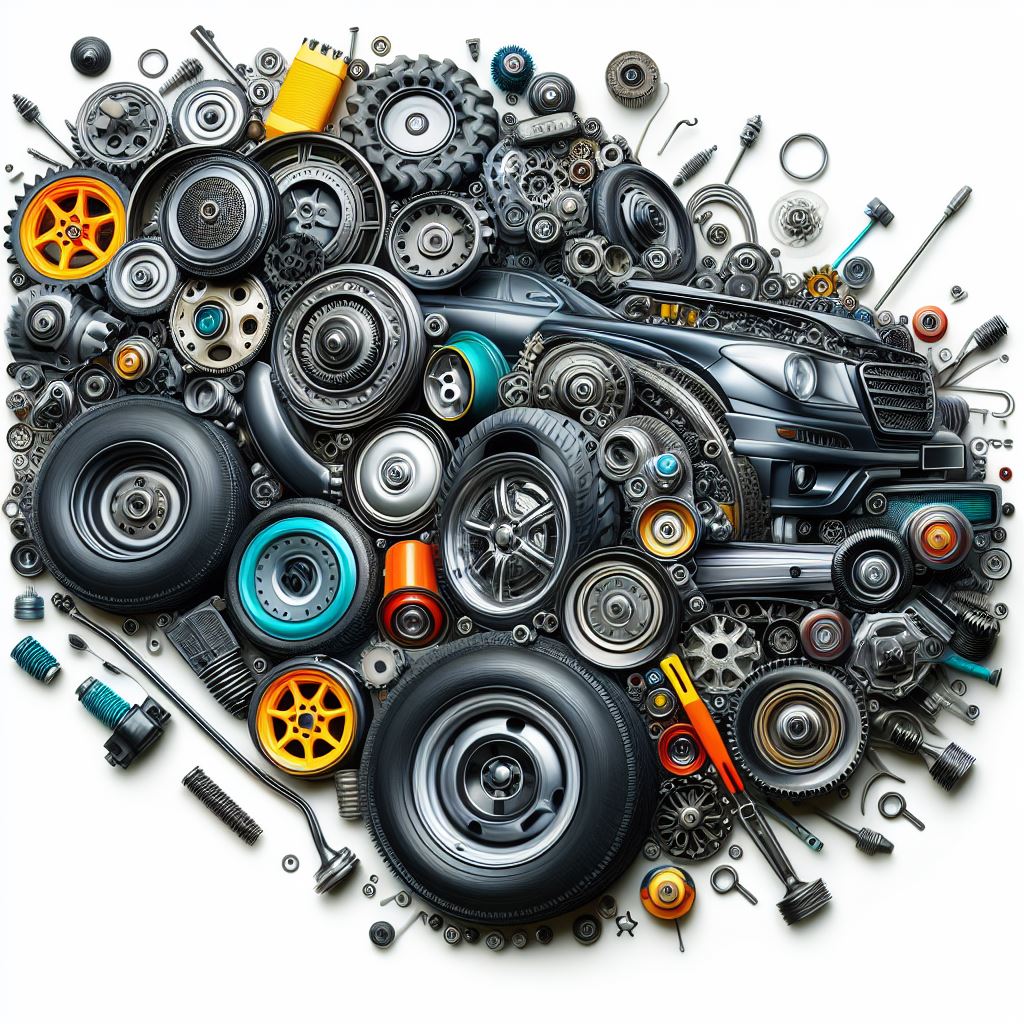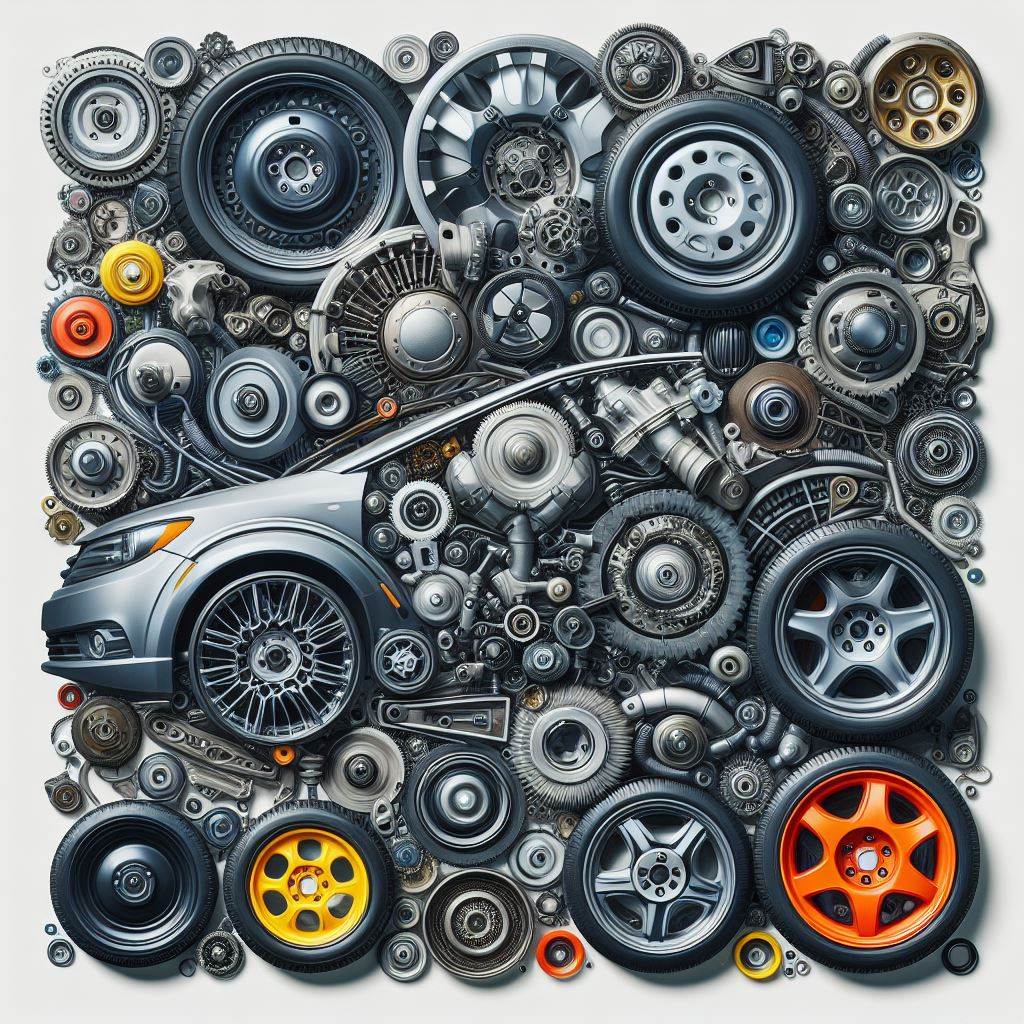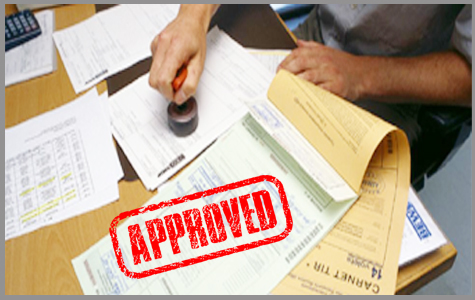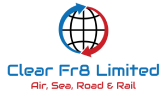Import Car Parts to the UK: A Comprehensive Guide
Clear Fr8 Limited are able to assist with all Car Parts imports to the UK.
The United Kingdom is home to a vibrant automotive industry, and importing car parts from international suppliers is a common practice. Whether you are a car enthusiast, a mechanic, or a business owner, understanding the process of importing car parts to the UK is crucial for obtaining quality components at competitive prices. This comprehensive guide aims to provide valuable information on the legal requirements, documentation, shipping options, customs procedures, and other essential considerations involved in importing car parts to the UK.
How to Import Car Parts to the UK: Legal Considerations
Importing car parts into the UK requires compliance with various legal requirements. The following points highlight key considerations:
a) Product Compliance: Car parts must meet the necessary safety and environmental standards set by the UK government. Ensure that the parts comply with the relevant regulations, such as the European Union's ECE regulations or UK-specific legislation. Components should bear the necessary certifications and markings to demonstrate compliance.
b) Intellectual Property Rights: Respect intellectual property rights by avoiding counterfeit or unauthorized car parts. Verify the legitimacy of suppliers and ensure that the parts being imported are genuine and legally produced.
c) Import Licenses and Restrictions: While most car parts do not require specific import licenses, certain items, such as airbags, catalytic converters, or tires, may have specific restrictions or require permits. Consult with relevant authorities, such as the UK Department for Business, Energy & Industrial Strategy (BEIS), to determine if any special permits or licenses are needed.
Car Parts Research and Documentation
Proper research and documentation are essential for a smooth importing process. Consider the following steps:
a) Supplier Research: Thoroughly research potential suppliers to ensure their reliability, reputation, and compliance with industry standards. Look for reviews, certifications, and references from other customers. Engaging with reputable suppliers reduces the risk of receiving substandard or counterfeit parts.
b) Product Information: Gather detailed information about the car parts being imported. This includes part numbers, specifications, compatibility with UK vehicles, and any additional documentation provided by the manufacturer. Accurate product information facilitates customs clearance and helps avoid incorrect shipments.
c) Invoices and Commercial Documentation: Obtain proper invoices from the supplier, detailing the description, quantity, value, and currency of the car parts. Ensure that the commercial invoice includes the supplier's contact information, the buyer's details, and the shipping terms. Proper documentation is necessary for customs clearance, tax assessment, and warranty claims.
d) Customs Declarations: Provide accurate and detailed customs declarations when importing car parts. Include the Harmonized System (HS) codes, which classify the parts, as well as descriptions, quantities, values, and country of origin. Familiarize yourself with the UK's customs procedures and ensure compliance with the Customs Declaration Service System.
Car Part Shipping and Transportation
Selecting the appropriate shipping and transportation methods is vital for the timely and secure delivery of imported car parts. Consider the following factors:
a) Shipping Modes: Choose the shipping mode based on factors such as cost, urgency, and the size and weight of the car parts. Options include air freight, sea freight, or courier services. Air freight is generally faster but may be more expensive, while sea freight is cost-effective for large shipments.
b) Packaging and Insurance: Ensure that car parts are properly packaged to withstand the transportation process. Use suitable containers, padding, and secure packaging materials to prevent damage. Additionally, consider obtaining comprehensive insurance coverage for the parts to safeguard against loss or damage during transit.
c) Incoterms and Delivery Terms: Understand the Incoterms (International Commercial Terms) and negotiate appropriate delivery terms with the supplier. Common Incoterms include EXW (Ex Works), FOB (Free On Board), and CIF (Cost, Insurance, and Freight). Clear communication and agreement on responsibilities between the buyer and the supplier help avoid misunderstandings and ensure a smooth shipment process.
Customs Clearance and Taxation
Navigating the customs clearance process is a crucial aspect of importing car parts to the UK. Consider the following:
a) Import Duties and Taxes: Imported car parts may be subject to import duties, value-added tax (VAT), and other taxes. Familiarize yourself with the applicable rates, exemptions, and thresholds. Ensure that the customs value declared accurately reflects the price paid for the parts, excluding shipping costs.
b) Customs Procedures: Complete customs declarations accurately and provide all necessary supporting documents, including commercial invoices, packing lists, and any required import licenses. The customs authorities may inspect the shipment and verify the declared information, so it is essential to maintain transparency and comply with regulations.
c) Customs Brokers and Freight Forwarders: Engaging the services of a licensed customs broker or freight forwarder can simplify the customs clearance process. These professionals have expertise in customs procedures, classifications, and documentation, ensuring compliance with the UK's customs regulations and maximizing efficiency.
Importing car parts to the UK can offer various benefits, including access to a wider range of products and competitive prices. By understanding the legal considerations, conducting thorough research, preparing accurate documentation, and adhering to proper shipping and customs procedures, individuals can navigate the import process successfully. Remember to stay updated on regulations, seek professional advice when needed, and maintain clear communication with suppliers and customs authorities. With careful planning and attention to detail, importing car parts can be a seamless and rewarding experience for car enthusiasts and businesses alike.


DOCUMENT REQUIREMENTS
- Certificate of Origin
- Bill of Lading
- Packing List
- Commercial Invoice
- Customs Clearance

